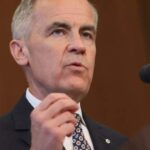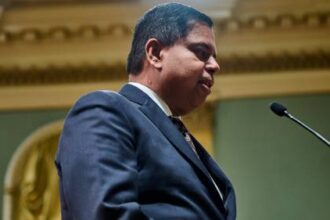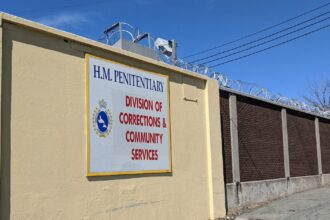In a scathing critique that has intensified tensions at the Saskatchewan Legislature, NDP Health Critic Vicki Mowat is calling out provincial ministers for what she describes as a “disturbing pattern of avoidance” on critical health care questions. The opposition’s frustration boiled over during recent legislative sessions as attempts to secure concrete answers on deteriorating health services were repeatedly met with deflection and absence.
“When Saskatchewan families can’t access basic health care, they deserve more than empty chairs and recycled talking points,” Mowat told reporters following a particularly contentious question period. “Minister of Mental Health and Addictions Tim McLeod has been conspicuously absent when questioned about the province’s mounting mental health crisis, while Health Minister Everett Hindley frequently delegates responses to other officials.”
The criticism comes amid growing public concern over Saskatchewan’s health care system, where emergency room wait times have reached unprecedented levels in major centers. Data obtained through freedom of information requests reveals average wait times exceeding 11 hours in Saskatoon’s busiest facilities—nearly double the national average.
According to legislative records reviewed by CO24, opposition members have posed 27 specific questions related to mental health service gaps over the past month, with only 8 receiving direct ministerial responses. The remainder were either deferred, delegated to junior officials, or met with what Mowat characterizes as “prepared statements that fail to address the substance of the inquiries.”
Saskatchewan Medical Association President Dr. Annette Epp has expressed similar concerns in a recent position paper. “The accountability gap in our provincial health leadership is compounding an already fragile system,” Dr. Epp stated. “When policy decisions impact patient care, transparent dialogue isn’t optional—it’s essential.”
Government representatives defend their approach, pointing to recent announcements of a $45 million investment in rural health facilities and the recruitment of 125 new health professionals. Government House Leader Jeremy Harrison dismissed the opposition’s complaints as “political theatrics” and insisted that “substantive health care improvements are being implemented across the province.”
However, health policy analysts note that the fundamental questions about accessibility remain largely unaddressed. Regina-based health policy researcher Dr. Malcolm Taylor points to troubling statistics: “When 14% of Saskatchewan residents lack a family physician and northern communities face persistent service disruptions, basic accountability mechanisms should be functioning at the highest levels of government.”
The parliamentary tensions reflect broader concerns about governance in Canadian provincial politics, where question periods designed to ensure ministerial accountability are increasingly criticized for becoming performative rather than substantive.
As Saskatchewan approaches a provincial election within the next year, health care delivery promises to remain a central issue. The question facing voters may ultimately be whether ministerial accountability should be measured by presence, responsiveness, or outcomes in a system where many feel their health needs are increasingly going unmet.
Can a democratic system function effectively when those tasked with answering for essential services are unwilling or unable to directly address the questions posed by elected representatives?























